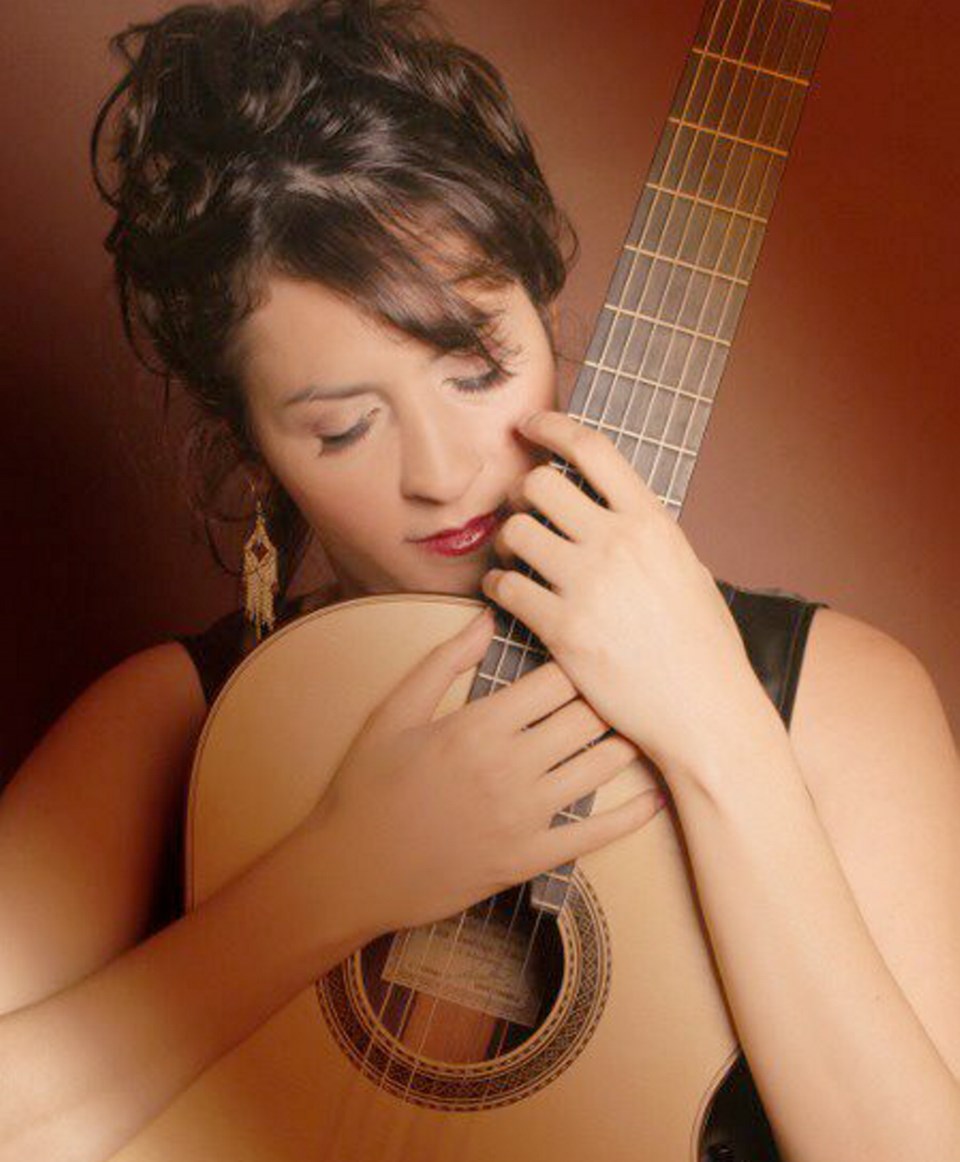In February 2015, as part of its 20th season, the Victoria Chamber Orchestra performed two works by Beethoven in a single concert: the Symphony No. 7 and the Violin Concerto. Over its subsequent three February concerts, it performed Beethoven’s Symphonies Nos. 1 through 6, and on Friday it will perform No. 8, as always conducted by its music director, Yariv Aloni (7:30 p.m., First Metropolitan United Church, $20/$15; victoriachamberorchestra.org).
Friday’s program will include two other middle-period works by Beethoven, the overture to Egmont and the Triple Concerto, the latter featuring violinist Terence Tam, cellist Pamela Highbaugh Aloni and pianist Lorraine Min as soloists.
(The VCO has no firm plan yet to perform the Ninth Symphony, which far exceeds “chamber orchestra” proportions, though it will offer more Beethoven in 2020, to mark its 25th anniversary and Beethoven’s 250th birthday.)
Also on Friday, the Victoria Guitar Society will sponsor an appearance by Iliana Matos, a Cuban guitarist who performs all over the world to the highest acclaim (7:30 p.m., Phillip T. Young Recital Hall, $25/$20 advance, $30/$25 door; victoriaguitarsociety.ca).
Matos began her studies in Havana, then relocated to Spain, where she continues to teach at three conservatories while also serving on the faculty at the University of Lethbridge, in Alberta. Since 1987, she has won prizes in a dozen international competitions, and in 2016 she undertook a world tour to celebrate her 30th anniversary as a performer.
Her program on Friday will include works by Manuel Ponce, Carlo Domeniconi, Francisco Tárrega and Leo Brouwer, a Cuban guitarist whose masterclasses she attended as a student.
On Saturday, the Ancient Music Society of Victoria, launched in 2014 with the goal of raising the profile of music written before about 1650, will mount a concert devoted to medieval repertoire (7:30 p.m., St. Andrew’s Presbyterian Church, $28; ancientmusicvictoria.com).
Half of the concert will feature an international star on the medieval-music scene: the American singer and harp player Benjamin Bagby, who has been based in Europe since 1974 and has worked with his own renowned ensemble, Sequentia, since 1977. He now lives in Paris, where he is a professor at the Sorbonne.
Bagby is most famous for his bardic solo performances of the epic poem Beowulf, which he recites and sings (from memory) in the original Old English, accompanying himself on a six-string Anglo-Saxon harp. (I saw him perform Beowulf in Vancouver almost 30 years ago, and have never forgotten it.)
Bagby performed Beowulf here and lectured at the University of Victoria in 2004, and returned to Victoria with Sequentia in 2005.
On Saturday, he will perform scenes from Beowulf and other narrative works in various languages, on a program that includes medieval secular and sacred music of many different kinds and vintages.
Four local ensembles will also perform: Duo Corvi, comprising soprano Julie Ryning and Katelyn Clark, who plays the clavicymbalum (an early harpsichord); the Banquo Folk Ensemble, a five-person vocal-instrumental group; Ensemble Semel, a four-person male vocal group; and the Dârya Persian Ensemble.
Finally, on Sunday, the Victoria Symphony will welcome back its former music director, Tania Miller, to conduct a Classics program (2:30 p.m., Farquhar Auditorium, UVic Centre, $33-$56; victoriasymphony.ca).
Along with shorter works by Rossini and Britten, Miller will lead Haydn’s glorious, witty “Oxford” Symphony (No. 92) — and her performances of Haydn symphonies were always reliable highlights of her Classics programming.
The concert will also include Bach’s darkly dramatic Clavier Concerto No. 1, with pianist Charlie Albright, a former prodigy who was born just south of here, in Centralia, Washington, and made his Victoria Symphony debut in 2014 in two works by Chopin.
Now 30, Albright is a brilliant virtuoso but also an interesting, genre-crossing musician, a throwback to an era that prized individuality and creativity among interpreters. For one thing, he is a fearless improviser, making him a rarity among classical performers. (On YouTube, you can watch a concert performance from 2017 in which he improvises a half-hour, three-movement “sonata” on four notes supplied by the audience.)
All of which bodes well for his performance of Baroque repertoire, in which an improvisatory spirit is both historically and musically appropriate.



